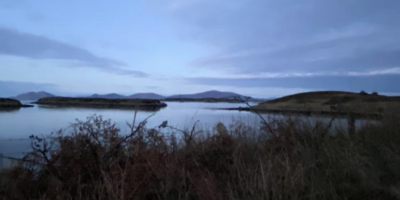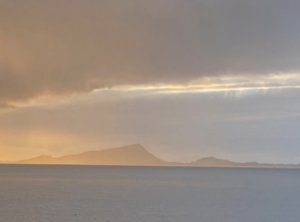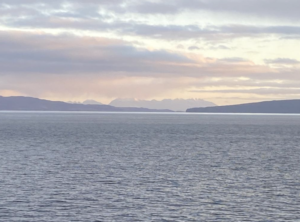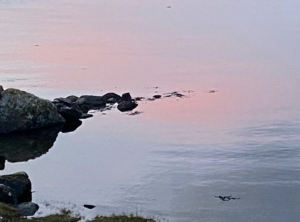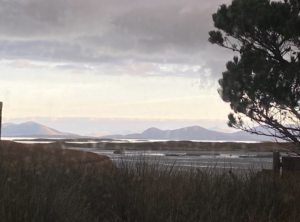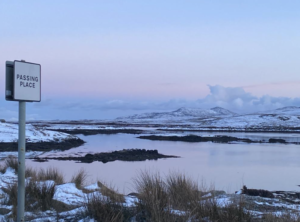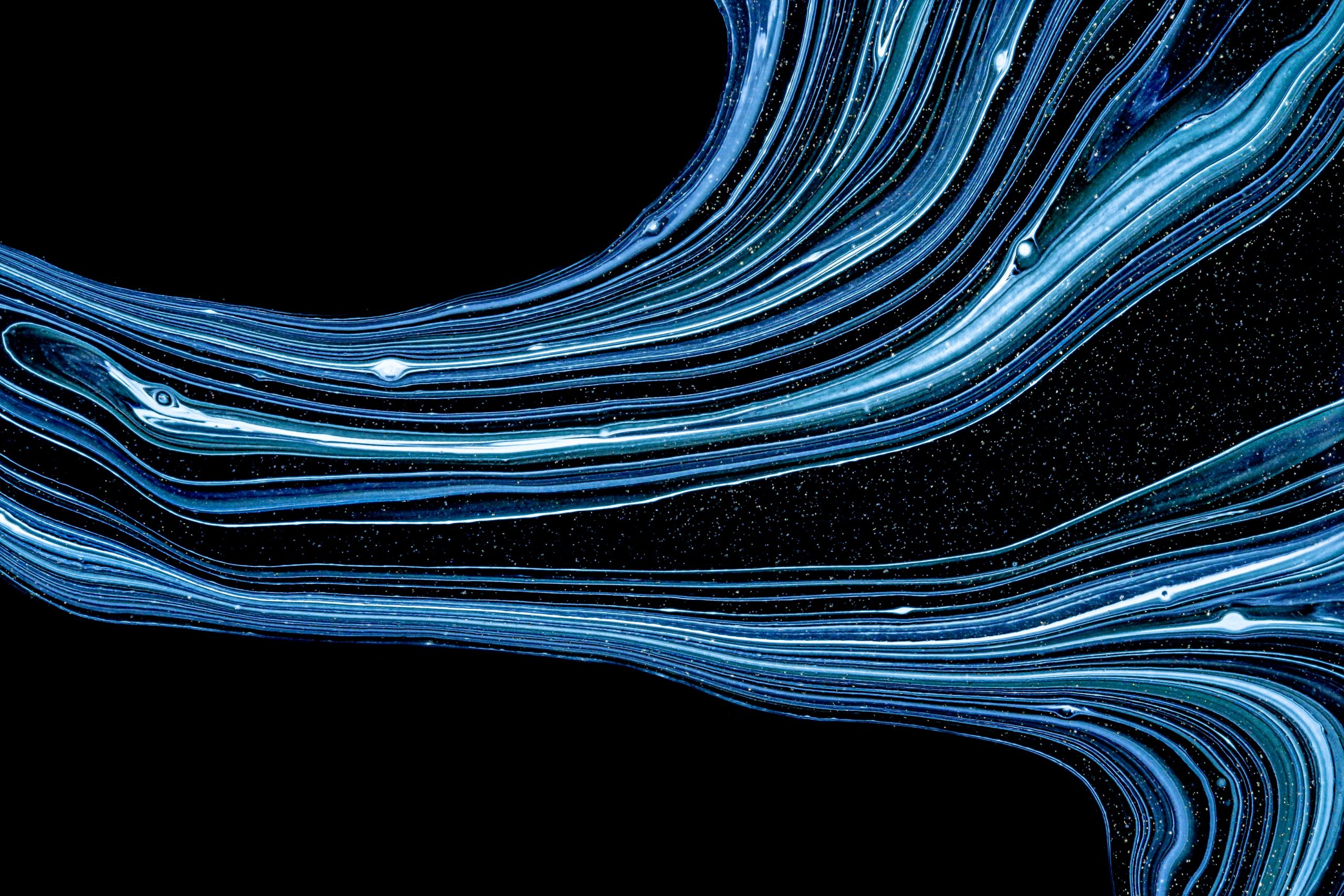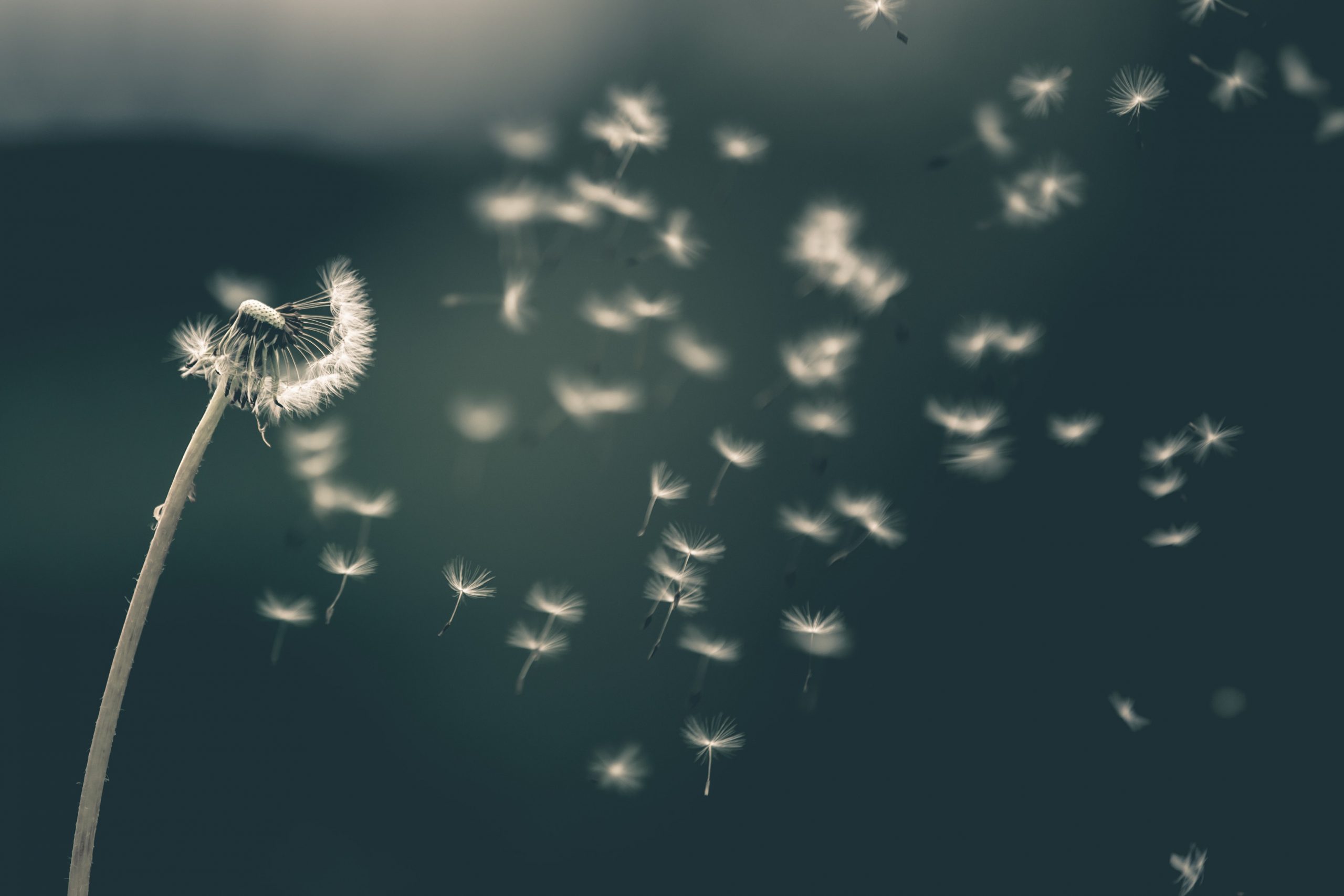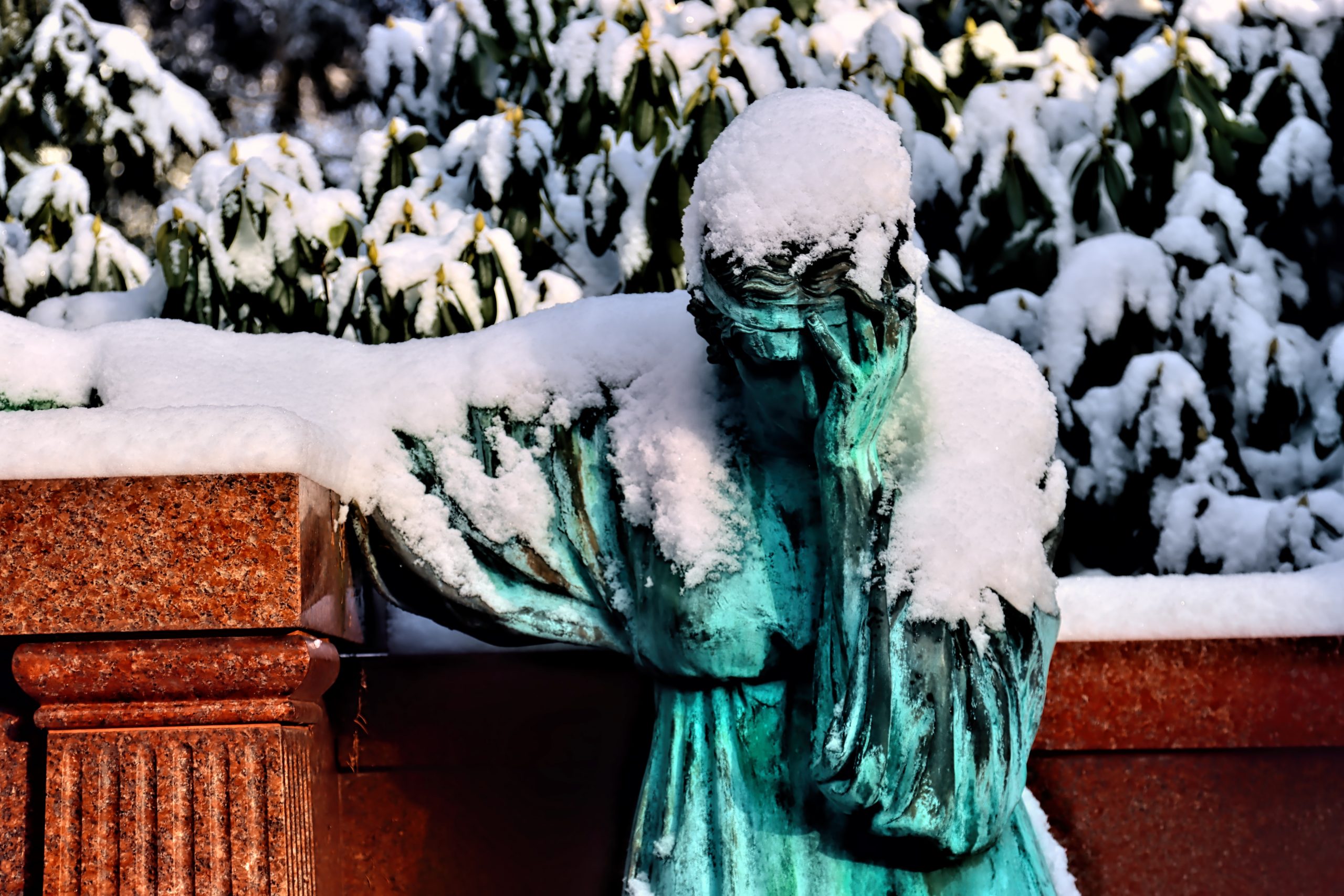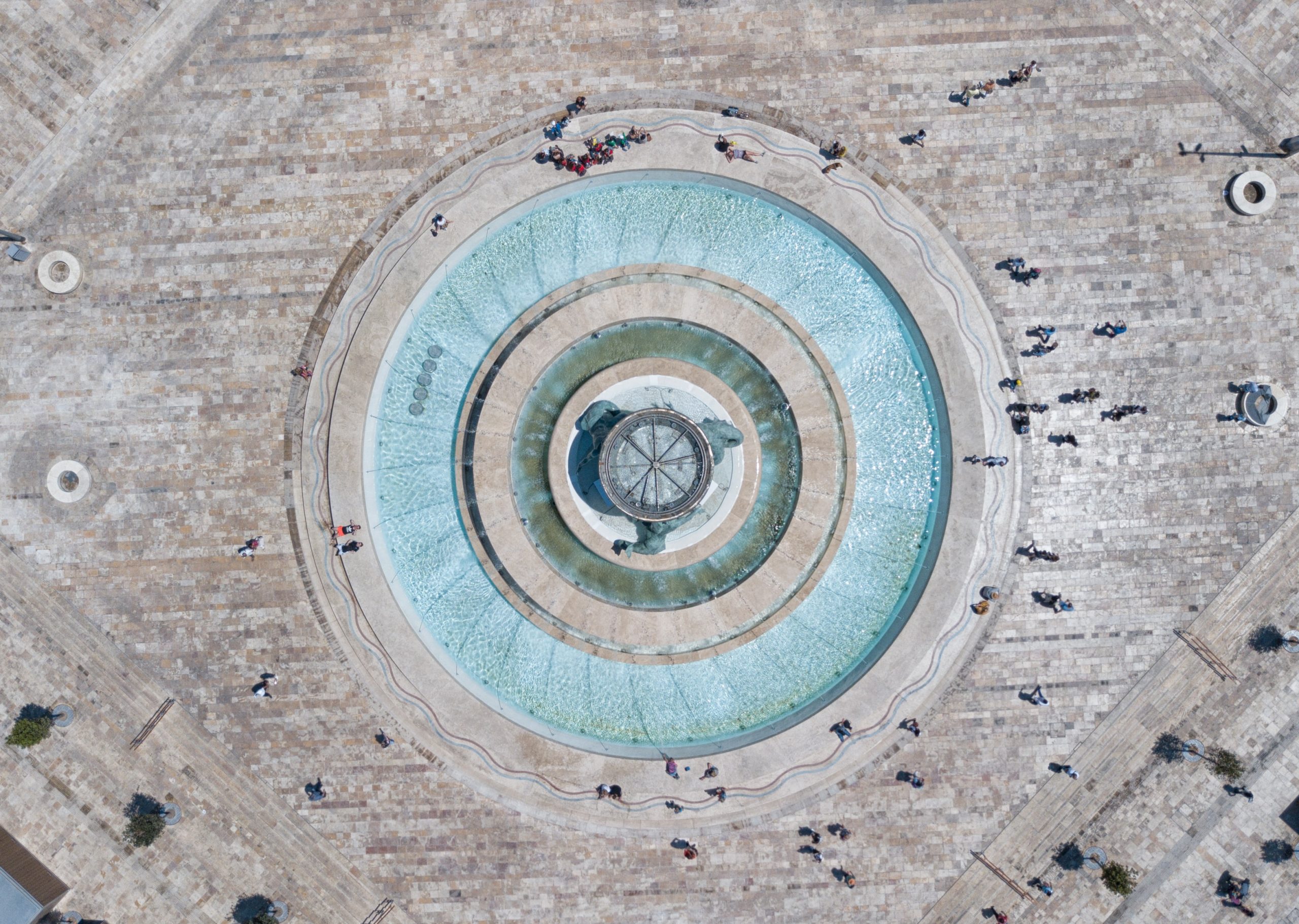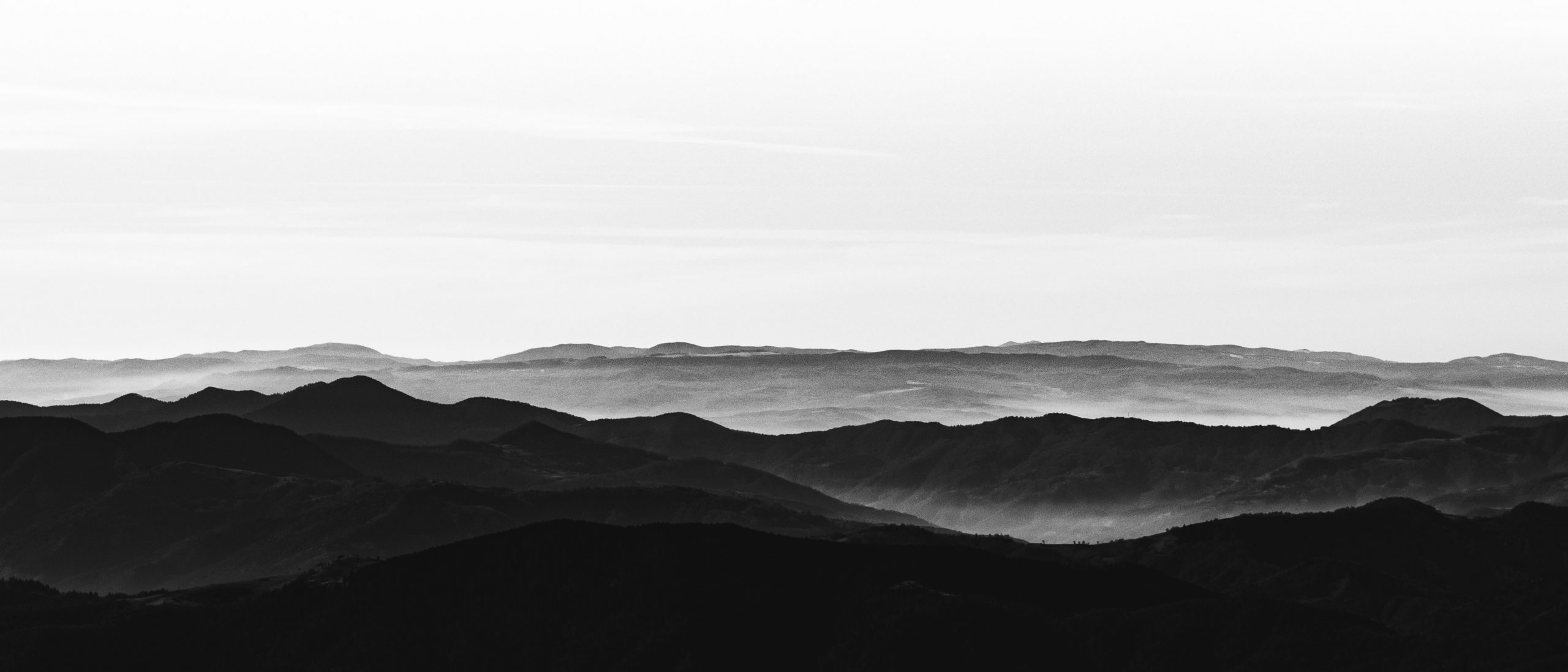The Fall Of Troy by William Doreski
A false dawn awakens us.
The right time, when the cloud-facts
explain us to each other
and absorb the spilled light.
An era of rhetorical skies
precedes another great war
with all its pomp and circumstance.
Where will we pitch a tent when
ghost armies occupy our basement
with feint and struggle all night?
You want the sentiments to pile
like rugs from the Middle East.
You want the bass clef to dominate.
I’d rather lie on the sofa
and act as a cat trampoline
while the political class sheds
the last ethical gesture and stands
naked and shameless in the snow.
Christmas may or may not
arrive soon enough to save us
from bellowing little villages
armed with naïve ambitions.
We’ll drive through these places the way
Einstein drove through time and space.
Can we simper ourselves to sleep
for another hour while the clouds
argue among themselves? The fact
of the fall of Troy still lingers.
William Doreski lives in Peterborough, New Hampshire (USA). He has taught at several colleges and universities. His most recent book of poetry is Venus, Jupiter (2023). His essays, poetry, fiction, and reviews have appeared in various journals.
Little Thieves by Susan Gordon Byron
Dali’s clocks were sincere. They slipped over things, slid past and took nothing with them.
They changed. Or I changed them.
Pickpockets.
In the library, while I was staring into space – I had given myself up to laziness, swung in a hammock of not doing – a little gang of clocks slipped down a staircase of books and off the desk. They smothered my words and ran off with a deadline.
I declared Dickens boring. Shakespeare just impassable. With too many princes. I thought nasty things about the librarians, planned for a life without a degree.
I had got quite far into this new fiction when I saw them laughing in the courtyard. They’re not Dali’s clocks, I realised. They’re mine. And I gave chase.
Susan Gordon Byron is a non-fiction editor and podcaster in London. Her poetry has appeared in Dust and tiny wren lit. After a NCTJ postgraduate diploma in newspaper journalism, she worked at the Catholic Herald for two years. She hosts The Culture Boar Podcast.
I Have Nothing New To Say by Sinéad MacInnes
On your whistle-stop tour of the Highlands
and Islands our whispers are said
to be heard by native ears
O Dhia
dè rinn iad?
Oh God
what have
they done?
Aon.
One.
The Barabhas moor on Lewis is empty.
Leòdhas – far an do rugadh mo sheanair
Lewis – where my
grandpa was born
I have nothing new to say. And yet
perhaps I echo the emptiness they pronounce
as they roll in brazen on bulldozer. As if it is a tank.
Nothing to see here! No sign of life.
The shaft of ephemeral light hits the same spot
on Donald-John’s rowing boat at the same time of day,
each day this season, as we continue to live
in the shape of our shadows, lapping against low tides.
Dhà.
Two.
Uibhist a’ Tuath – far an do rugadh mo shinn-seanmhair
North Uist – where
my great-
grandmother
was born
My grandpa sits atop a rock on the Cnocaire at number 10, Bàgh a’ Chàise/highest hill point above the croft/I am small enough then to still be sat atop his knee.
His walking stick props up the rock next door to our stone throne
its head gracefully carved by Duncan Mathieson of Kintail
into the face of a bird
whose wife force feeds me biscuits and strokes my cheeks
(Duncan Mathieson’s wife does, not the graceful bird walking stick),
twice a year when visiting on our way home to croft from city,
Duncan Mathieson being distant cousin on my grandpa’s father’s side
this delicate web of sloinneadh they trace
through every ceilidh as we sit in their tiny dwelling
set into mountain face of a cleared valley of
broken and uninhabited homes and
listen to the last of our tradition-bearers spitball stories that
mix with tinkling laughter,
peat and cigarette smoke and reverberate round the room.
We drive away. A sad echo
follows us through the Glen.
Now, back on the Cnocaire we survey our Kingdom,
mo sheanair and I, the sea on three sides.
Nothing between here and Canada, a Shinéad, dìreach ocean.
I imagine I am falling off the edge of the world right into its centre.
Gusts of wind blow my hair across my face
grandpa hums the Addams Family theme tune,
we giggle. He squeezes me tighter against the breeze, points,
seall air an sùlaire. Dreamily we watch gannets dive for fish that way they do,
high up at our hilltop-eye-level, they circle,
we watch in wait – and then
– a sudden plunge! Turning like a whisk as they plummet down
into quiet splash, we yelp in delight spotting squirming fat fish in its beak
I ask, small chin tilting up to his,
how can they see under the water from all the way up here?
Survival, he replies.
With a slight shake of his head.
Trì.
Three..
I have never seen anything more unpropitious
– said Sir Walter Scott of the Harris skyline (from his boat)
Beàrnaraigh na Hearadh – cò às a thàinig mo sheanmhair
Berneray, Harris –
where my granny
came from
They made maps with no place names
numbers instead, to demolish
our townships, already poor in soil
now drifting nameless through their cache
In this desolate land
Eyes flash cash, hand grips stick, miss what sits
in front of them/hold on to your breaches boys and away we go!
Screech into hearth holding hearts encased in stone
bleed out into rich purple heather staining it brown
Sinéad, come on, time to move on – I – flinch/gut/choke on my own knowing/freeze in disappearing/shout or run/shout or run/shout or run/I –
swallow. Hundreds of years stick fast in a throat taught to sever our speaking,
to dance carefully round drunken hopelessness. All in the past.
Sit quiet/feel the weight on my chest/moors burn/flames lick hot on our backs
And you do not exist.
Ceithir.
Four.
O Dhia/Ar n-Athair a tha air nèamh
Oh God/Our Father
who art in Heaven
Cataibh
Sutherland
where great grandfather, the minister,
and great grandmother, the healer, are buried,
far from home, dead amongst the ghosts
of 7,000, never to return.
Run over our bones until they turn to dust and you can say – See?
It’s empty here.
Hear the psalms swell we call and we respond
wrapped in shrouds of bitter judgement
pray our resistance away/arrive starving from Barra
shock the city/draped in the famine they made.
Coig.
Five.
Cò as a tha thu?
Where are you from?
Literal translation
who are you from?
The land springs forth the people
not the other way round
so remote, how wild,
so rugged, how free
freedom is in the eye of the beholder when
they proclaim the people of a place are pretend.
Sia.
Six.
My mamaidh, mo mhathair, text me yesterday,
Six eagles circling over Bagh a Chaise this morning with a golden moon
going down in the shell pink Western sky
Eagle emoji eagle emoji
Shell emoji
Love heart
Tha gaol agam ort
I love you
Literal translation/I have love at me on you
sits between us/as eternal offering.
all the men in my story are dead now.
land was never meant to be a possession
and I have nothing new to say
nothing I could translate into this tongue, anyway.
**
For all erased and dispossessed people and lands.
Many thanks to Catrìona MacInnes for the photos and to Fiona MacIsaac and Yvonne Irving for checking over the Gaelic
Sinead MacInnes is a writer, facilitator, actor and performance poet based at Birkbeck, University of London, where she is studying for an MA in Creative and Critical Writing. Her work straddles the creative-critical seam, exploring shame, trans generational trauma, colonial legacy and the Gaelic world
Dot.com by Ilias Tsagas
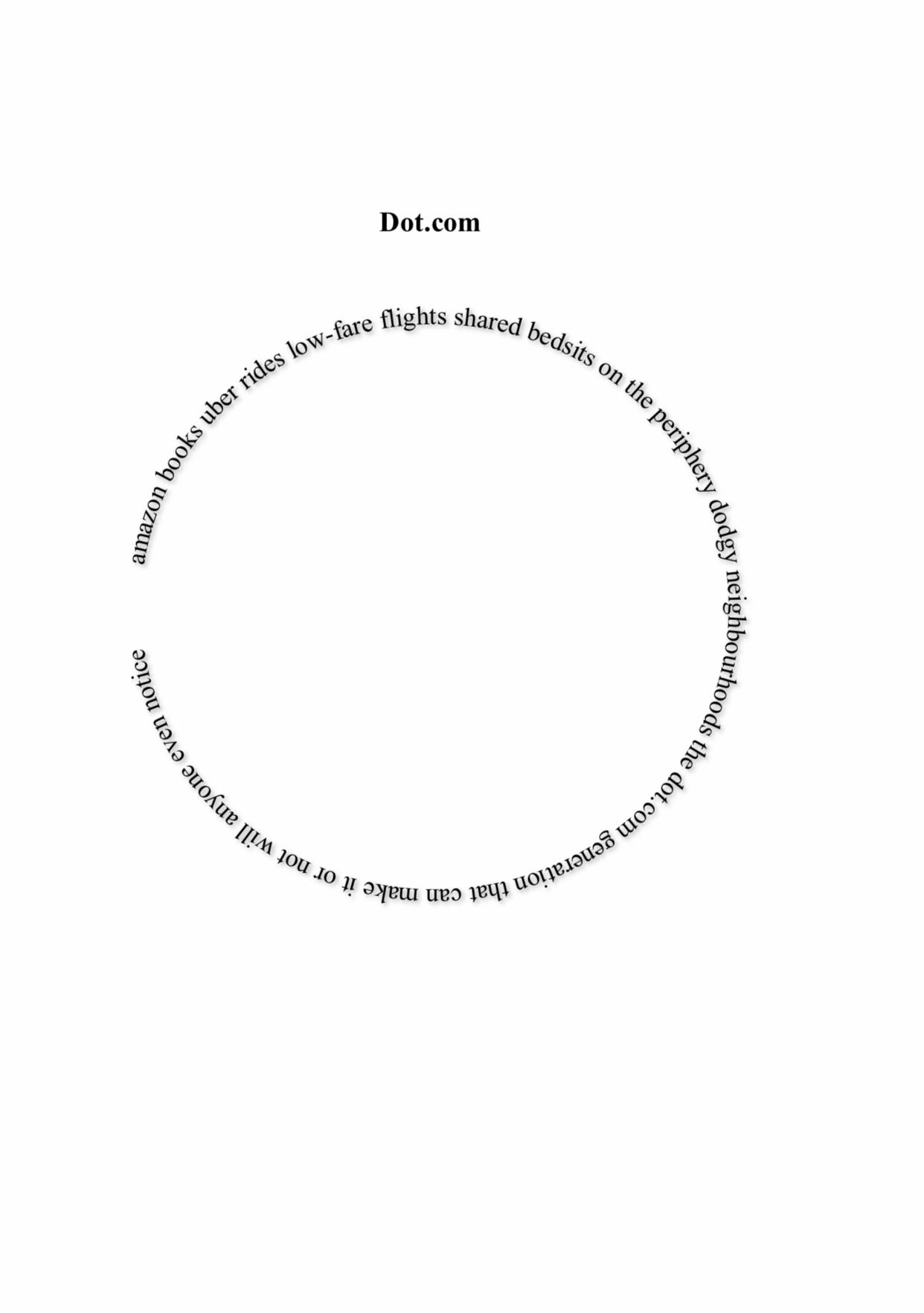
Ilias Tsagas is a Greek poet writing in English and in Greek. His poems have appeared at the Sand Journal, The Shanghai Literary Review, the streetcake magazine, Tint Journal, the Away With Words Anthology (Vol 4) and elsewhere. He was also a runner-up at the Briefly Write Poetry Prize 2021.
Flow and More Delay by Craig Burnett
Flow
Thumbs pressed together at his breast,
fingertips a tingle or two apart, lips
a soft horizon of grief, eyes absorbed
in the haze of space we all inhabit, –
between a breath and what happens next –
a right leg pushed hard into the earth
with enough force to match the tree
at his side. We watch as John tips
a bowl of infinite flow over his hair.
I don’t care about god. That’s not why
I’m here. Piero shows us the pink
in his cheeks, how beak and stream
echo above his head, the reticent love
of John’s left hand, the man pulling off
his tunic above the water’s still surface,
lush with inverted hills, cloaks and clouds,
an opaque veil that hides the current
until you let your eyes drop into the sky.
More Delay
I woke up on a patch of yellow grass
in the middle of a sun-baked town square.
Two feelings overwhelmed me: I had a train
to catch. There was no station. The sea glinted
in the distance. A fishmonger displayed
his icy banks of harlequin death, offering
a future that will always elude me. I heard
the toot and shuffle of trains on other planets.
I sought shelter in an abandoned skyscraper
festooned with busted clocks, stuffed
with ghosts who wouldn’t shut up.
The erotic life of impatience will plot
its own course. When the choreographer
came to town he demanded a swoop of the arm
from everyone, articulating a need to harmonise
all our aches and limitations. Dancers filled
the streets, flaunted a mood of pointlessness
and play. I wonder if you could do me a favour:
Pack all my hesitations into the back of a truck,
take them on a ride.
Craig Burnett is the author of Philip Guston: The Studio and Bucolic Stop, a chapbook. He lives in London.
Baptism by Elizabeth Gibson
Baptism
The water will be gentle on your hair, or maybe apple blossom
if the season is right, or a handful of paper snowflakes, bubbles
or just words, sung as a candle burns, scented with honey and pine.
Your name will be whispered, let go, to disperse like a dandelion
– you can reel it right back in and have it for the rest of your life,
or pick out a new one like a perfect shell from the shoreline,
or a piece of pink sea glass – you can keep picking and dropping,
just tell me how to make you happy. I will bake an enormous cake
with layers of frosting, white not for purity, but a page to start
filling with scribbles of colour. I will cut the biggest piece for me.
We will take so many pictures, fill up a wooden treasure chest
to keep under your bed, decorated with crepe paper and feathers.
You were born a being of utter cosmic wonder, and you will be
no different after we have done this. But maybe I will be different.
Elizabeth Gibson is a Manchester poet, playwright and performer, inspired by queerness, body image, mental health, city life, nature and folklore. Her work has been accepted by 404 Ink, Atrium, Confingo, Lighthouse, Magma, Popshot, Queerlings, Under the Radar, and anthologies from The Poetry Business and The Poetry School. She was awarded a DYCP grant from Arts Council England in 2021 to further explore queerness through poetry and performance. She debuted her one-person spoken-word play, The Reason for Geese, at Turn On Fest at Hope Mill Theatre, Manchester, in 2022. She is on Twitter and Instagram as @Grizonne.
Shiva by Miranda Gold
Shiva
Tears at evening prayers – they weren’t mine:
hot and strange as the skin I slipped outside
looking on at you looking on at grief staged
with crystal tumblers waiting for whisky
and anecdotes told by White Rabbits.
A hollow Alice sparkling faint hears
too late of a woman who was and was not
you – a woman I had never met, introducing me
to my own mother – Mads, Maddy, Madeleine.
White paws on my arm, mouths move
catching words too long after they’d been said
words I might have said – not yet conscious you’d come
back and back again for me – not yet conscious of how I should
have loved you as I tried to love you while I had the chance.
Time of death: 1.30. Two days after Christmas tinsel
draped round beds and paper crowns discarded –
Such a shock, the chorus said –
only you’d been preparing us for thirty years
waited until we’d stopped waiting
living by your broken clock
tip toes in
time.
Through the cemetery under winter sun,
noting headstones on the way, names
ten, twenty years engraved, reopening
lives we can only just begin to grieve
whose absence we’ve only just begun
to feel, a fresh coffin lowered
in the milky light.
The Athenian Women make grief seem grand work
not this vague sense of no – the hovering not yet – not
yet before I’ve loved you as I should have loved you
while I had the chance.
Miranda Gold’s first novel, Starlings (Karnac, 2016, Sphinx 2019) reaches back through three generations to explore how untold stories about the Holocaust ricochet down the years. Her second novel, A Small Dark Quiet (Unbound, 2018) was selected by The University of New Mexico Press for their Best Peace Fiction anthology (2021). In her review for The TLS, Caroline Moorehead commented on its ‘bold attempt to portray the greyness of growing up without roots or identity, cast adrift in an uncomprehending and uncertain world.’ Miranda is a creative writing tutor and workshop facilitator at Skylight, Crisis, supporting members to voice their experiences through poetry and prose. www.mirandagold.co.uk
A Chiaroscuro of Hunger by Oisin Breen
A Chiaroscuro of Hunger
It was ten years ago, when she asked me
To serenade her. She sat beside Triton’s fountain,
In Rome, as the sun-shook air near split with heat,
And small globes of water acrobatically landed
On my cheeks, red with the thought of a kiss.
And I could see the electricity, pulse, somehow,
In the whites of her eyes, and I knew everything
She wanted, and why she couldn’t want it,
Even though she did, and she knew, looking at me,
That all she had to do was ask.
I was tired then, worn out by hundreds of poor choices,
And passions that burnt red hot, only to turn white hot,
And sunder skin from bone, prompting the perennial
Reassembling of fragments of a jigsaw puzzle,
That, at times, resembles my face.
Yet I sang to her, a song I learned in the woods that summer,
It was a love song about a tubercolic country girl,
In the twelfth century, whose father begged her to marry,
Who told him she would wait until he was dead,
Because he refused the man she loved.
And although my voice is patchy, at best, I can carry a tune,
The way old men do, in bars, where feeling matters more
Than technique. But when I thought of pressing my tongue
Against hers, I was careful in my fantasy to be delicate
And rough, the two extremes balanced by her breath.
We did not kiss, because she was faithful then, to a man
Who promised to take care of her, even when she wept,
As she often did, her ability to cope worn down
By the ministry of a father, who provided everything,
But could not love, nor teach her how to laugh.
We left then, to walk among the gardens of Barberini Palace,
And catalogue, together, an alternate history of marble
Statues, which came alive at night and revelled, wine-drunk
Recreating the memories we all must share in want,
And the tips of my fingers roiled for need of hers.
But we never touched, so careful were we to avoid it,
Even when we lay down together, on a long leather divan,
In the great hall, its paintings an excuse to study the artistry
Of blemishes, you learn through closeness, that fosters thirst beneath
The bones. Together, we became a chiaroscuro of hunger in the heat:
An instance of fission suspended on the threshold of shared time.
Irish poet, academic, and journalist, Oisín Breen’s debut, ‘Flowers, all sorts in blossom …’ was released Mar., 2020. Breen is published in 69 journals, including in About Place, Door is a Jar, Northern Gravy, North Dakota Quarterly, Books Ireland, the Seattle Star, La Piccioletta Barca, Reservoir Road, and Dreich.
A New Woman at Beowulf’s Funeral Pyre by Laura Varnam
A New Woman at Beowulf’s Funeral Pyre
(After Beowulf, for R.S.)
I, too, have been laid waste.
(That’s the etymological root
of devastation in Latin.
Though women aren’t supposed
to know such things.)
We can bear the grief of a country
if we have to,
and often we do.
I carried you,
or one like you.
A giving up is a making room.
Here on the headland
I do not steel myself.
For by this pyre,
salt wind and ashes
stirring,
I see on the horizon
a return to myself
beckoning
on the word-road.



